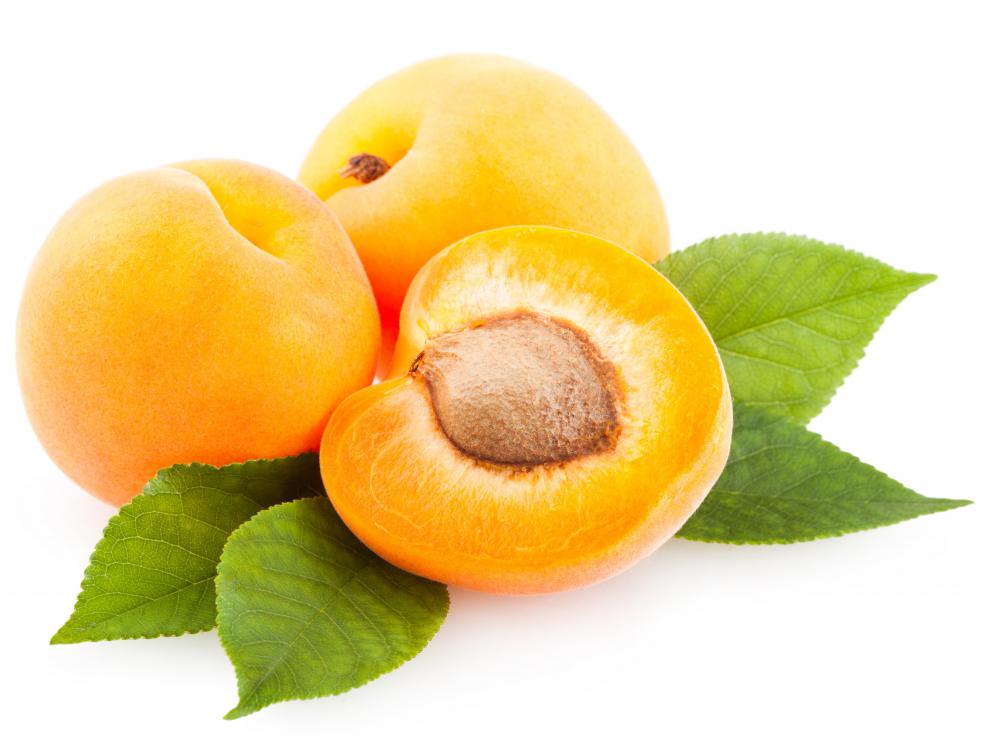At WiseGEEK, we're committed to delivering accurate, trustworthy information. Our expert-authored content is rigorously fact-checked and sourced from credible authorities. Discover how we uphold the highest standards in providing you with reliable knowledge.
What does a Pomologist do?
A pomologist is someone who studies fruit and nut trees. He or she may specialize in developing new fruit cultivars, discovering existing fruits of commercial value, handling crop pests, coping with changing climactic conditions, and other issues which pertain to the cultivation, harvest, and sale of fruit. In order to become a pomologist, someone generally studies in a horticulture program, focusing on pomology in the later years of study.
Fruit comes in a wide variety of shapes and sizes, and it is a tremendously valuable crop commercially. Crops like apples, oranges, almonds, walnuts, and bananas are all widely cultivated and sold, along with peaches, nectarines, kiwis, pecans, mangoes, lemons, pears, cashews, apricots, and numerous other fruits and tree nuts. Pomologists are responsible for ensuring that fruit crops remain commercially viable, and for addressing any issues which may arise in the world of fruit cultivation.

On the cultivation end of things, a pomologist may study the growing conditions for various fruit and nut trees, and develop new cultivars. New cultivars may exhibit specific flavor traits, produce more fruit than their predecessors, be easier to harvest, or cope more effectively with droughts, extreme cold, and other weather conditions. Pomologists also study things like pruning practices, fertilization, and other activities which are designed to keep fruit trees healthy and productive.

Within the subset of cultivation, a pomologist may study things such as crop pests and infections which could threaten the health of a crop. If new threats to the stability of a fruit crop are identified, pomologists can swing into action quickly to learn how to cope with these threats. For example, they may identify a new insect pest and determine which method should be used to control it.

Pomologists also examine harvesting practices, using scientific practices to determine the best way to harvest and transport fruit. The development of specialized crates for specific fruit to ensure that it reaches market without being bruised or otherwise damaged, for example, is a pomological pursuit. Finally, pomologists analyze shelf life and storing conditions with the goal of making fruit last as long as possible off the tree.

Depending on what aspect of pomology someone chooses to focus on, he or she may spend a lot of time in the field, working with actual trees, or more time in a lab, working on theoretical research like genetic sequencing of various crops or new harvesting technology. A career as a pomologist generally requires an interest in and appreciation for fruit, along with the ability to work in flexible conditions and to cooperate with people in a range of stages of crop production.
AS FEATURED ON:
AS FEATURED ON:

















Discuss this Article
Post your comments